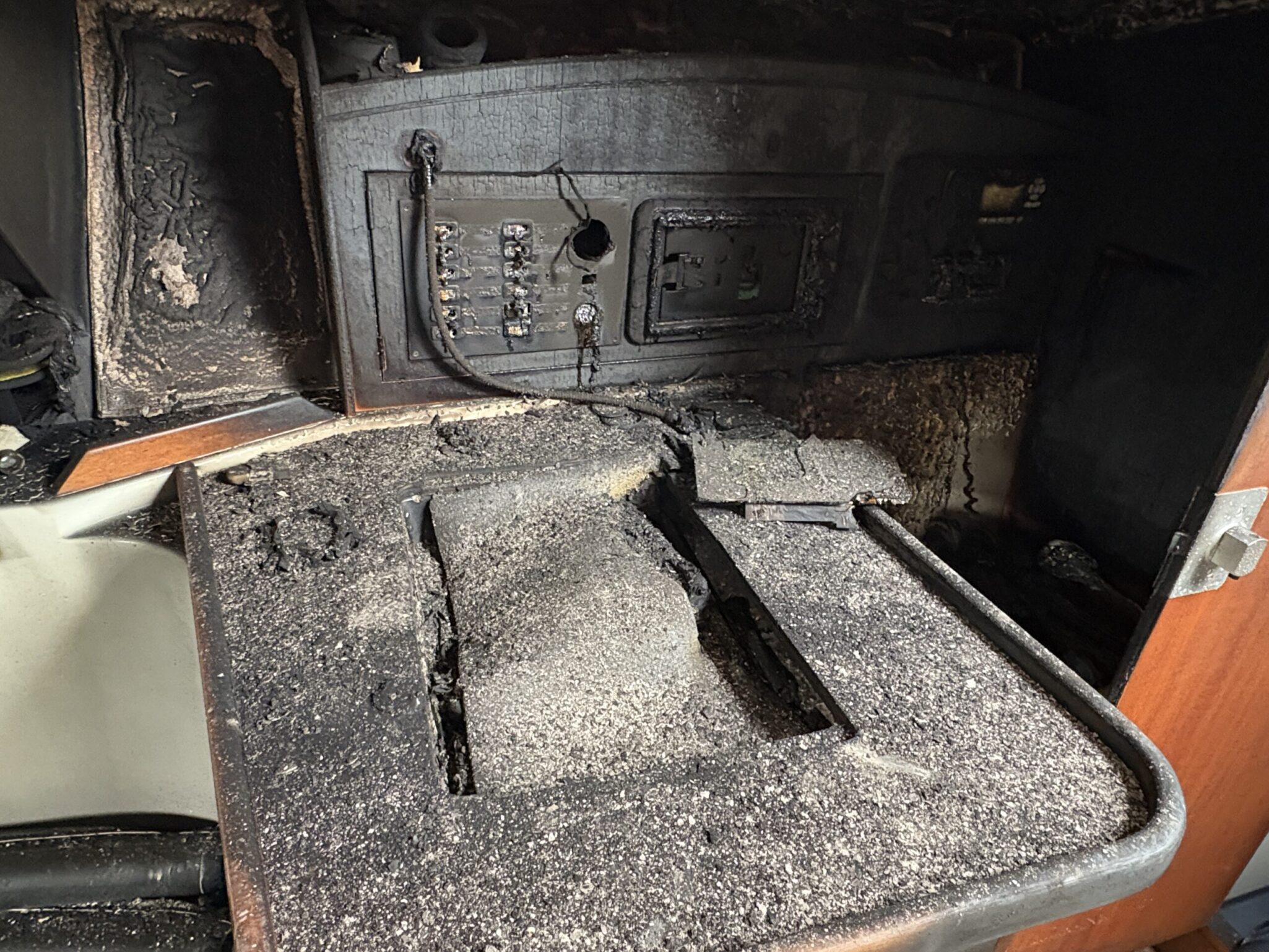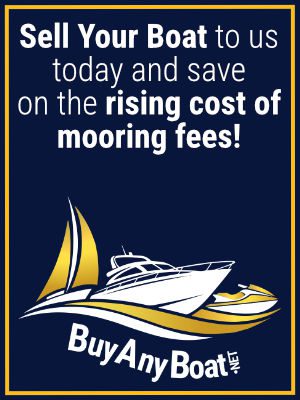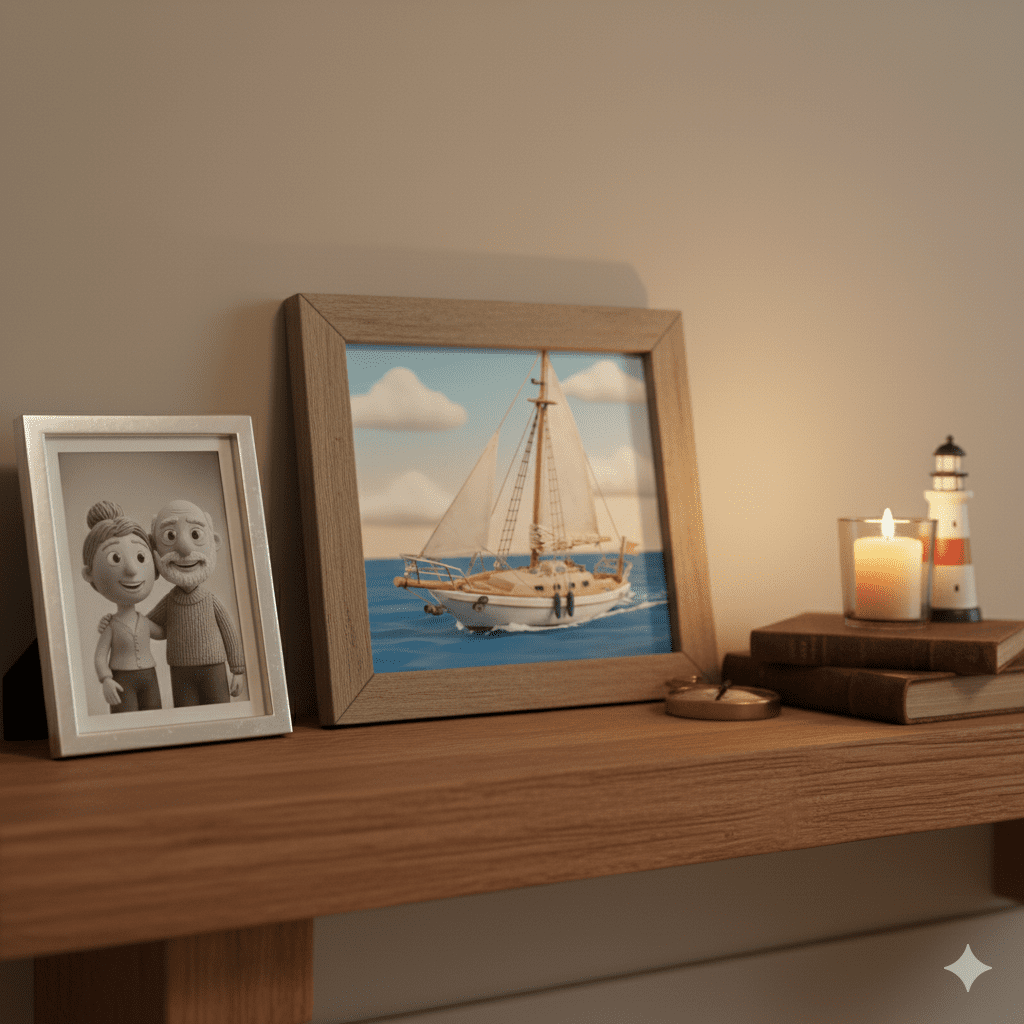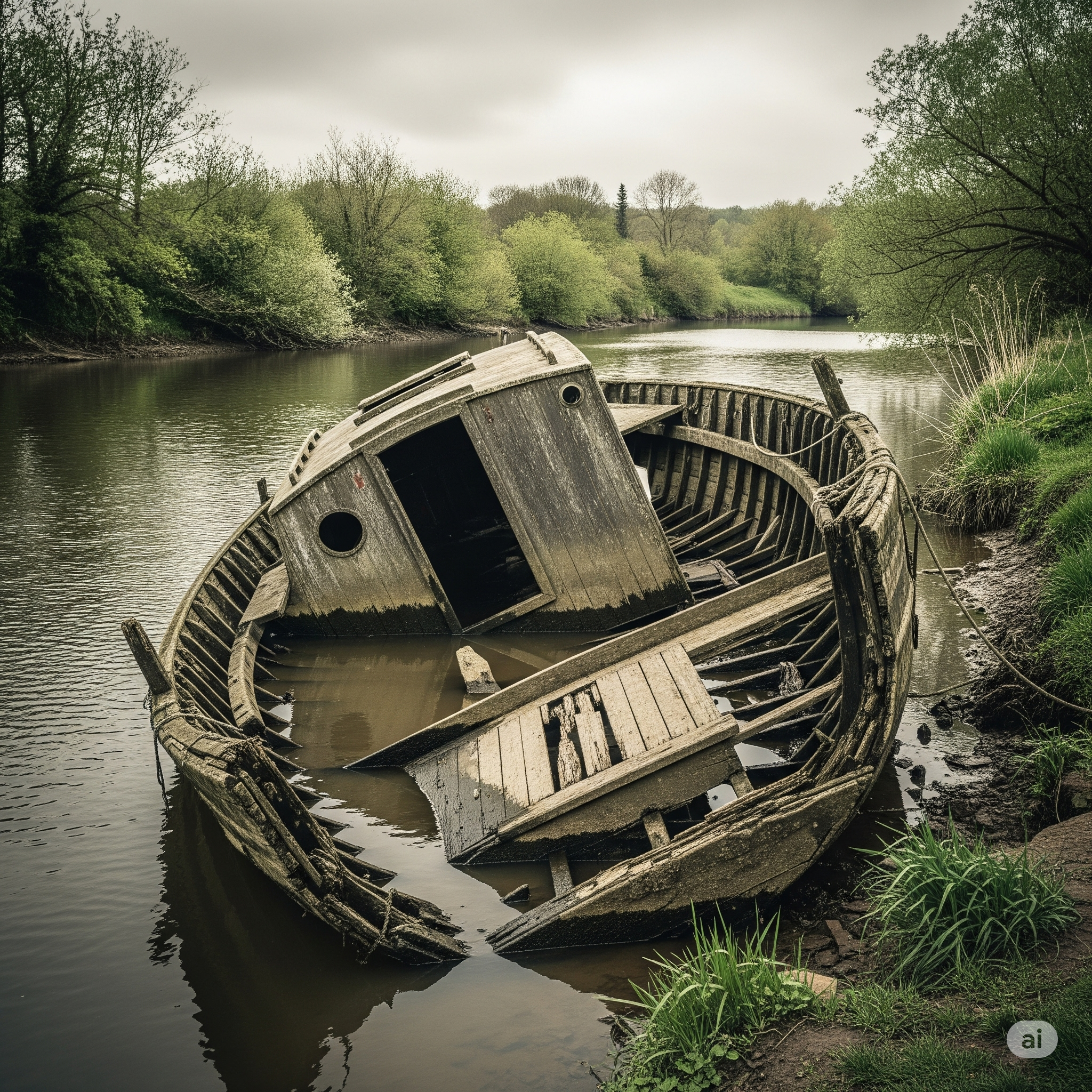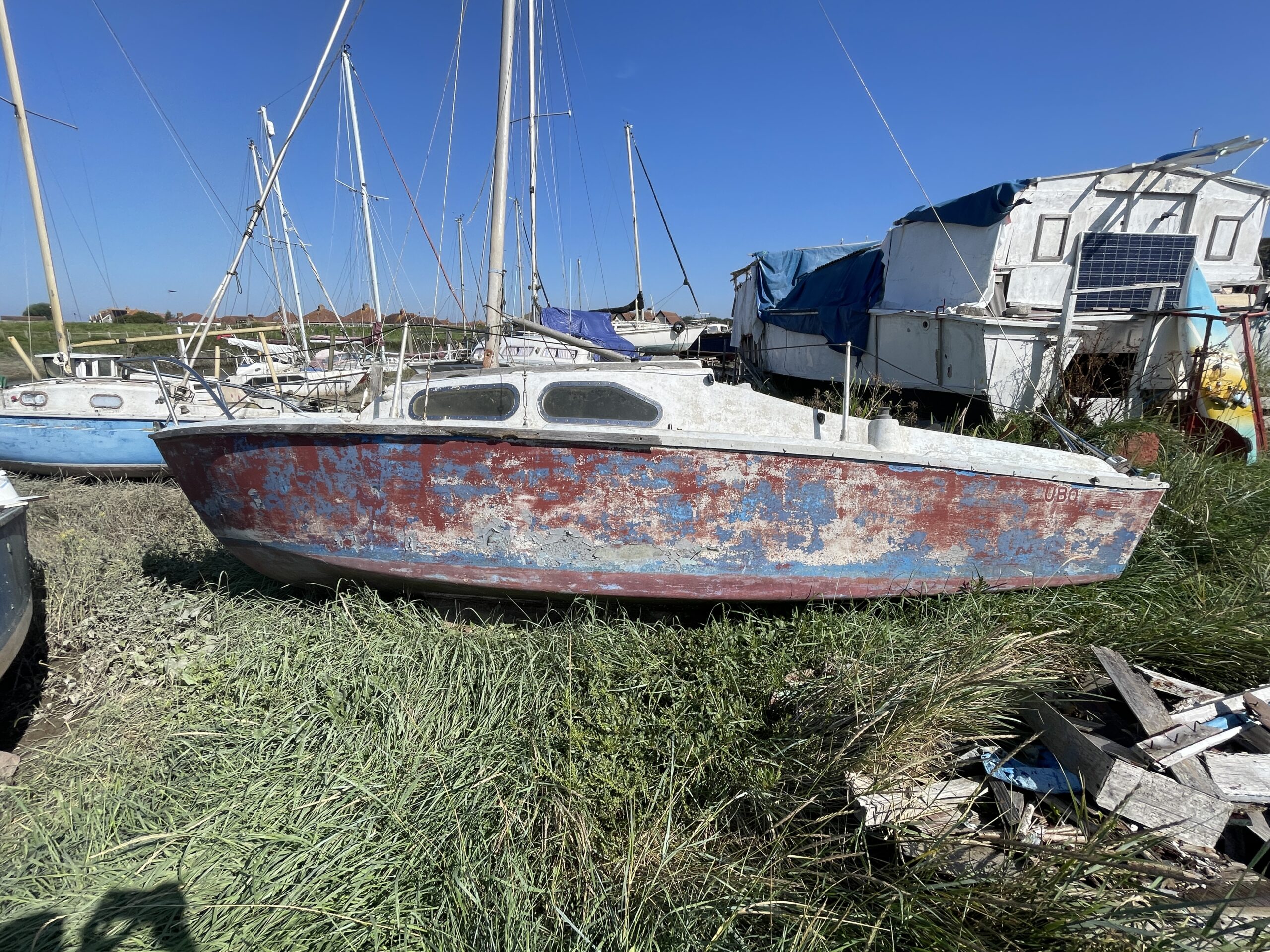Boatbreakers Tackle Insurance Write-Offs and UK Wrecks
The sight of a neglected, damaged, or even sunken boat is a common one around the UK’s waterways. For owners, a vessel with a repair bill that eclipses its value. A classic Constructive Total Loss (CTL) or insurance write-off can feel like a financial disaster. That’s where we, the Boatbreakers, step in. Our mission is to transform these liabilities into legally compliant and environmentally sound solutions.
Dealing with Write-Offs and CTL Vessels
When a boat is declared an insurance write-off, the insurer usually takes ownership of the salvage to recoup some cost. We acquire these vessels and immediately treat them not just as scrap, but as a source of reusable materials.
Our process is meticulous:
- Stripping for Salvage: Before the hull is even touched, we systematically remove all valuable components. Engines, gearboxes, electronics, masts, sails, and deck gear are all carefully extracted. These items are cleaned, tested, and added to our inventory.
- The Boat Scrapyard: Selling these salvaged items is key. It provides other boat owners with affordable, used parts and, crucially, helps to offset the high cost of disposal for the final hull material. This circular economy model is central to what we do.
- Hull Disposal: Modern fibreglass (FRP) hulls are notoriously difficult to dispose of. We employ specialised techniques to break down the vessel. We work hard to send wood, metals, and even fibreglass (for processes like cement kiln feedstock) to dedicated recycling streams, ensuring we adhere to all UK waste regulations.
Recovering Sunken and Abandoned Wrecks
Abandoned and sunken vessels pose a significant hazard to navigation and a major threat of pollution (fuel, oil, anti-fouling). Dealing with these wrecks across the UK’s tidal and inland waterways requires a complex blend of specialist salvage skills and legal knowledge.
-
-
- Legal Clearance: For any wreck in tidal water, we must adhere to the Merchant Shipping Act 1995, reporting to the Receiver of Wreck. For inland waters, we work closely with the Canal & River Trust, Harbour Masters, or local authorities who use their powers to demand the removal of obstructive or dangerous vessels.
- Specialist Recovery: Sunk or stranded boats require a full salvage operation. Our teams use commercial diving services, heavy-lift cranes, winching gear, and inflatable salvage bags to safely lift the vessel to the surface. Preventing any oil or fuel from polluting the water during this process is our highest priority.
- End-of-Life Solution: Once recovered, the vessel follows the same deconstruction path as the insurance write-offs. We provide a trusted disposal route, giving authorities and owners peace of mind that the wreck will not become a recurring problem.
-
In short, whether it’s a damaged yacht abandoned on a marina berth or a sunken fishing vessel in a river, we provide the essential, specialist service required to turn marine wrecks into a valuable resource and keep the UK’s waters clean and safe.

